I was so blessed in writing this concise biography of Augustus Toplady. Thank you David Woolin (EP's wear-many-hats dude in the UK) for asking me to do it! Big thanks to the Spear clan for beating up another manuscript for me. Visit my new web page featuring just posted material on my forthcoming book on AUGUSTUS TOPLADY, Debtor to Mercy Alone, to release with Evangelical Press sometime in 2012. After you read the Introduction, listen to an audio excerpt from chapter 4. If you would like to get more of the book, read on below from the chapter that picks up right after the audio.
5
A Praying Life
“My God, I want the inwrought prayer,” cried Toplady, “the prayer of the heart, wrought in the soul by the Holy Ghost.” So much of the recorded praying of Toplady reflects just that, praying from the lips of a man who is filled with the Holy Spirit, whose prayers are being sanctified by the immediate presence of the God to whom he is praying. Thankfully for us, Toplady developed the habit of copying down his prayers probably as he prayed them. But there is nothing of the pompous Pharisee strutting in prayer to be seen or heard by men. His prayers are the kind of Psalm-like communing with God every Christian desires.
DISTRACTION AND WANDERING IN PRAYER
But let’s face it, communing with God, the activity that occupied so much of Toplady’s days and hours, is profoundly foreign to most of us. When we do get around to quieting our hearts and falling to our knees in prayer, one distraction after another begins its assault on our receiving consciousness. A text message warbles in our pocket. The telephone rings, and we strain to recognize the voice leaving a message. The computer intones the audio signal that a new email has just arrived. We wonder who it’s from. An aid vehicle roars by, siren blaring. A sleepy child crawls onto our back for a cuddle. The hotpot clicks off and we begin hastily rifling out our petitions so as to get the tea steeping while the water is at its hottest. Tea is always better when the water is at its hottest.
If me manage to negotiate the minefield of information technology and toddlers, and we actually get around to praying for real needs, we may find ourselves—often long minutes later—musing on how those parents could have let their son or daughter get involved with the wrong crowd in the first place. Clearly they messed up. If only they had raised their children the way we have raised ours. And when we finally shake our self free of those thoughts, and return shamefaced again to confession and asking for still more forgiveness, there’s the particular problem men have with praying. We men think we can take care of things, solve the problem. We don’t like stopping and asking for help. We can handle this. We’re men. It’s what we do.
When we attempt to get down to the serious business of praying, at best we are too hasty, and at worst we may actually be taking the Lord’s name in vain and compounding our sinning. It is for these reasons that Toplady’s praying is so valuable for distracted moderns. Though many of our 21st century distractions would have been completely foreign to Toplady, we should not fool ourselves. He was a man subject to many of the same challenges we face with prayer. “Was afflicted with wandering in private prayer. Lord, melt down my icy heart, and grant me to wait upon thee.” How often would Toplady’s confession not be an accurate description of our praying life? And like you and me, this would not be the last time he would have reason to long for greater constancy in prayer. In a diary entry dated Monday, December 14, 1767, he reminds us that neglecting prayer has direct consequences:
Before I came out of my chamber today, I was too hasty and short in private prayer. My conscience told me so at the time; and yet, such was my ingratitude and my folly, that I nevertheless restrained prayer before God. In the course of the day, I had great reason to repent of my first sin, by being permitted to fall into another.
It is just, O Lord, that thou shouldest withdraw thy presence from one who waited so carelessly on thee. May I never more, on any pretext whatever, rob thee (or rather, deprive my own soul) of thy due worship; but make all things else give way to communion with thee!
HONEST SELF-ABASEMENT
In a culture destroying itself with the cult of self-esteem, Toplady often prayed in a way that sounds foreign to our ears:
Who am I, O Lord? The weakest and vilest of all thy called ones: not only the least of saints, but the chiefest of sinners. But though a sinner, yet sanctified, in part, by the Holy Ghost given unto me. I should wrong the work of His grace upon my heart, were I to deny my regeneration: but, Lord, I wish for a nearer conformity to thy image.
So unaccustomed are we to hearing someone speak of himself as “the weakest and vilest of all thy called ones,” we might be tempted to dismiss Toplady’s self-deprecation as false humility, an elaborate charade.









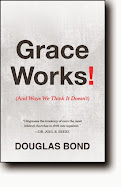


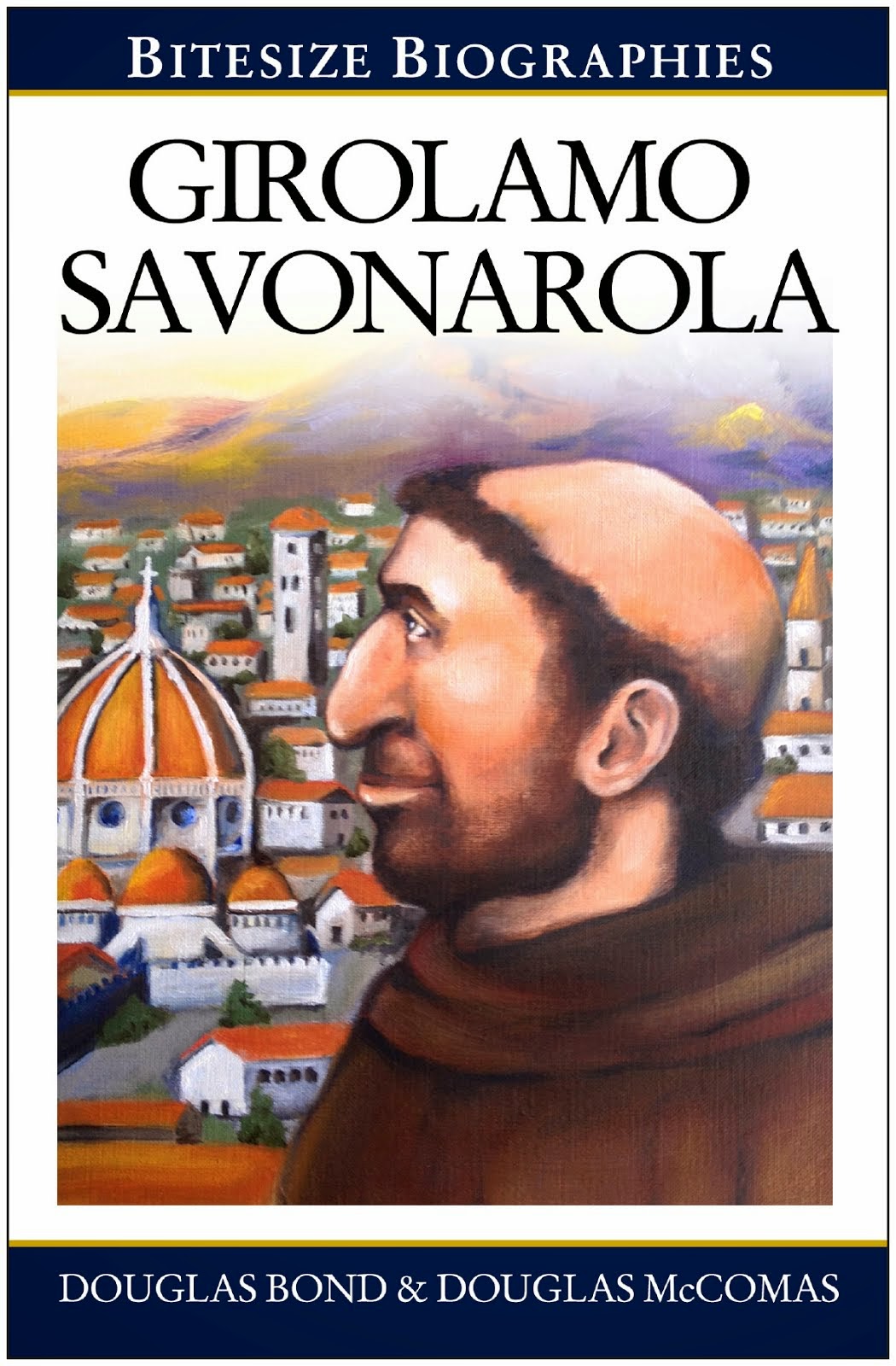


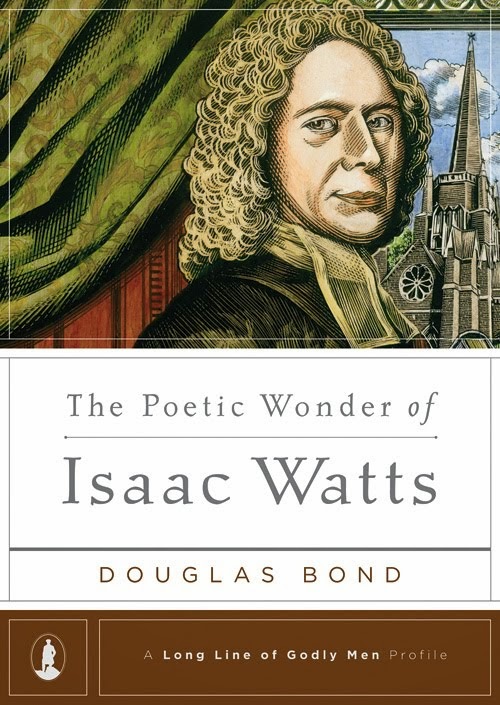




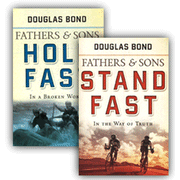



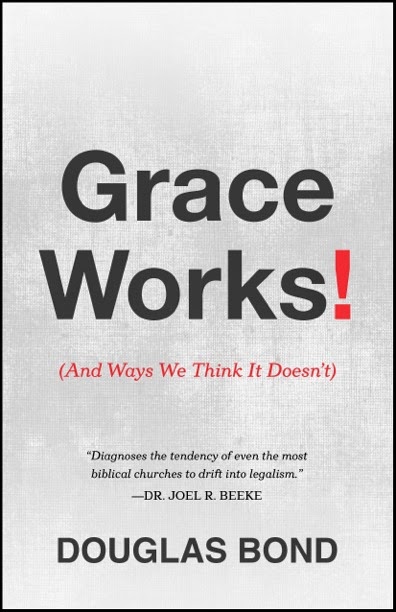
No comments:
Post a Comment